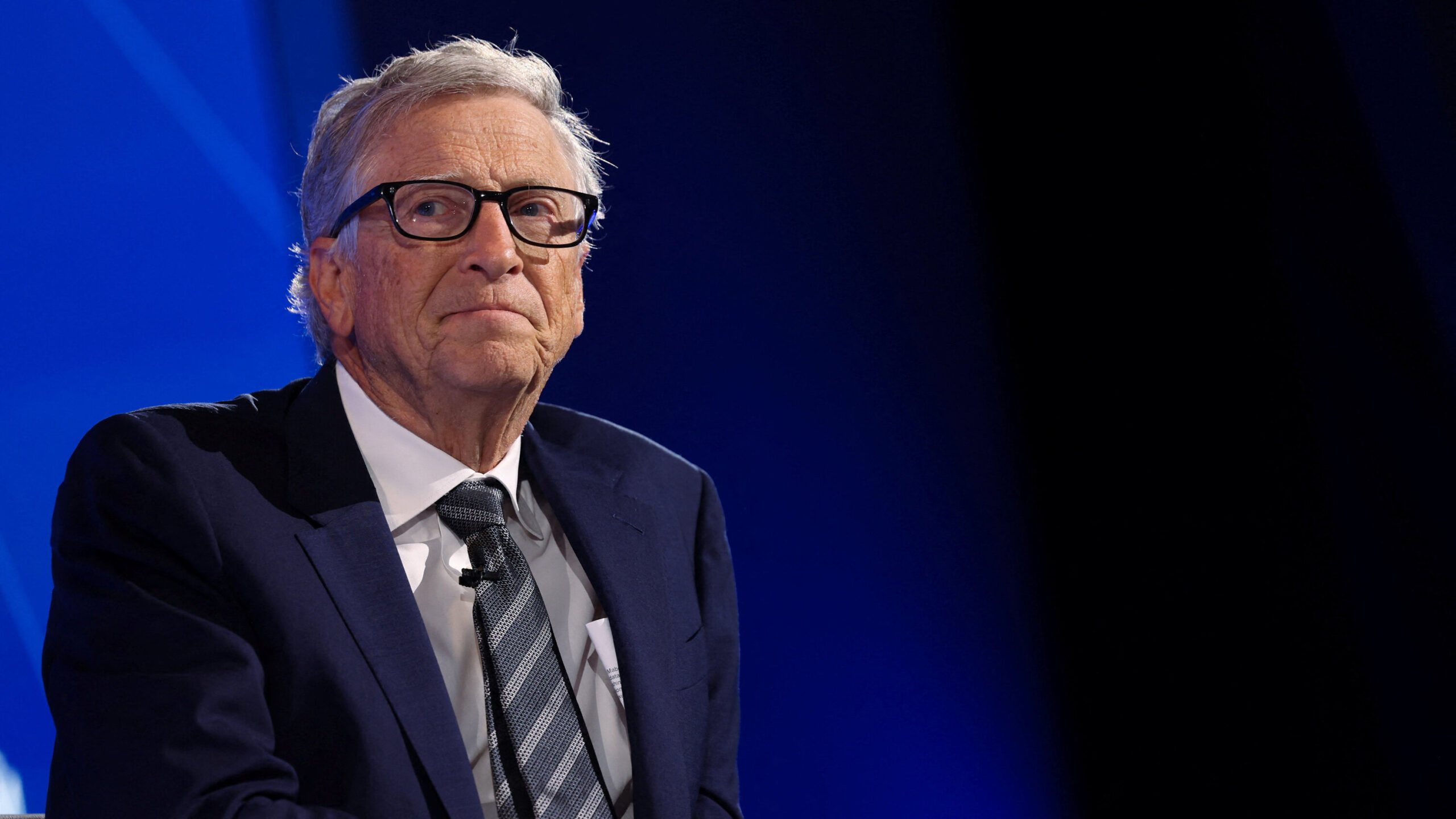Bill Gates has once again redefined the conversation on global sustainability in his climate change statement set for 2025. In a striking new essay, the Microsoft co-founder and one of the most influential voices in climate philanthropy argued that while climate change remains a serious issue, the world must reallocate significant resources toward fighting global disease and hunger. Gates’ remarks have sparked widespread debate. They are reshaping how policymakers and donors may think about the balance between environmental action and humanitarian aid.
A Call to Rethink Climate Priorities
In his latest public statement, Gates asserted that climate change will not wipe out humanity. This is a departure from the more dire tone that dominates global environmental discussions. Instead, he emphasized the need for a rational, data-driven approach. This approach measures progress not just in reducing emissions but also in improving human well-being. It echoes Bill Gates’ climate declarations for 2025.
“Although climate change will have serious consequences, particularly for the poorest nations, it will not lead to humanity’s demise,” Gates wrote. He urged governments and private donors to focus on preventing suffering in the world’s most vulnerable regions, where preventable diseases and malnutrition still kill millions each year.
His remarks arrive ahead of the upcoming COP30 climate summit, where nations are expected to renew their commitments to global emission targets. Yet Gates’ position suggests that the humanitarian dimension of global policy may need recalibration, much like his forthcoming climate statement in 2025. Organizations like the World Health Organization and the United Nations Development Programme have similarly warned. They state that climate policies cannot come at the expense of basic health and nutrition programs in developing nations.
From Zero Emissions to Zero Hunger
Gates’ essay also reflects a subtle but meaningful shift from his long-standing focus on decarbonization. Through his investment fund, Breakthrough Energy, Gates has poured billions into clean technologies — including carbon capture, renewable fuels, and sustainable agriculture. However, he now argues that the return on these investments should be balanced with immediate humanitarian interventions. These include disease prevention and famine relief. This aligns with his climate change statement planned for 2025.
He cited the U.S. government’s decision to cut funding to USAID, a move that once provided more than $8 billion annually in food and medical assistance. The cuts, according to Gates, have left millions vulnerable to famine and infectious disease outbreaks. Analysts at Our World in Data note that global hunger has increased for the third consecutive year. Child malnutrition rates are climbing most sharply in regions hardest hit by aid reductions.
In his essay, Gates warned that the obsession with achieving “net-zero” has sometimes blinded leaders to the unequal human costs of global transitions. The billionaire philanthropist contended that the next phase of climate action must go beyond emissions metrics. It should include measurable improvements in public health and nutrition. This closely aligns with the Gates climate change statement for 2025. “Our chief goal,” he wrote, “should be to prevent suffering, particularly among those living in the toughest conditions.”
Global Reaction and the Debate Over Priorities
Reactions to Gates’ comments have been divided. Environmental activists accuse him of underplaying the existential risks of the climate crisis. Meanwhile, economists and development experts say his position is a pragmatic recognition of the world’s finite financial and political capital.
Dr. Laila Hasan, a senior researcher at the World Bank, said that Gates’ shift underscores an urgent need to connect the dots between climate adaptation, public health, and poverty reduction. “Bill Gates’ discussion related to climate change set for 2025 makes it clear,” she said. “Climate change is not just about temperature rise,” she said. “It’s about food systems, disease vectors, and economic resilience. The real challenge is integrating all these fronts into one sustainable strategy.”
Critics counter that deprioritizing climate efforts could worsen the very problems Gates seeks to solve. Scientists continue to warn that rising global temperatures intensify droughts, spread mosquito-borne illnesses, and damage food production in fragile regions. Yet supporters of Gates’ call believe a hybrid approach — balancing climate mitigation with direct humanitarian investment — offers a more equitable and actionable path forward.
As global leaders prepare for COP30, Gates’ essay serves as a reminder that the battle against climate change cannot exist in isolation. While the planet’s temperature may dominate the headlines, it is the everyday struggles against hunger and disease that ultimately define humanity’s resilience. Thus, his climate change statement planned for 2025 underscores the dual focus required.
In this new vision, philanthropy and global policy must evolve beyond emissions charts and renewable quotas. The true measure of progress, Gates insists, will be how many lives are saved, not how many tons of carbon are removed from the atmosphere.







